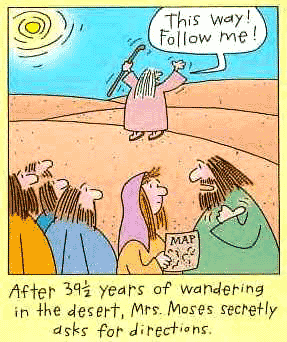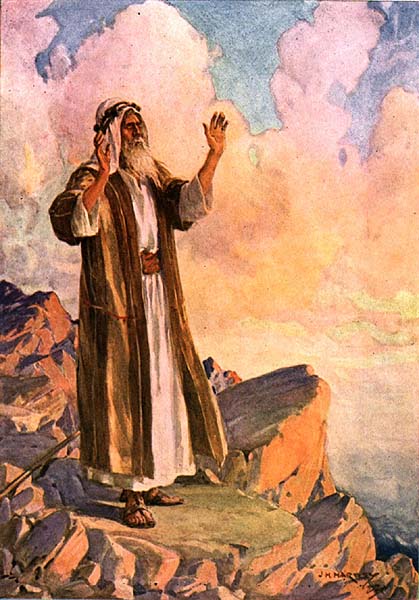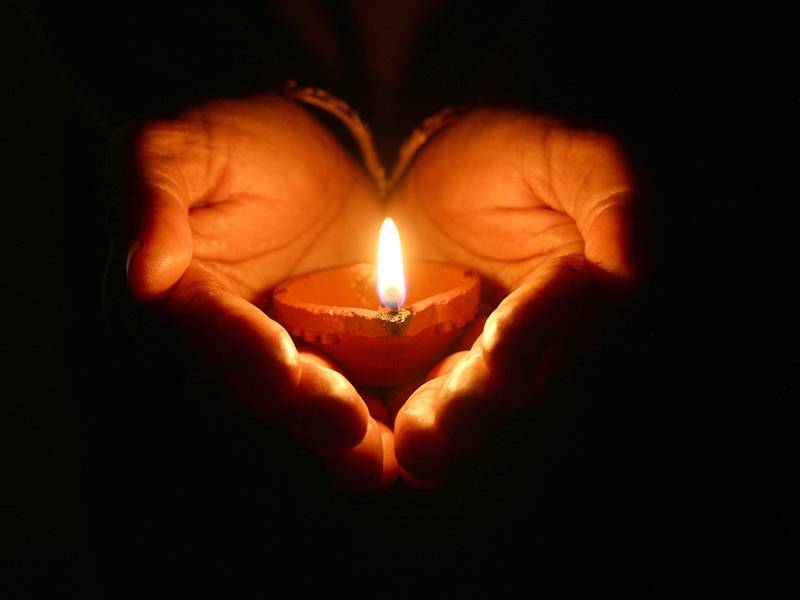Bonjour / Hello [nickname_else_first_name]
Table of contents
1) Perashat Hashavoua - Rabbi Eli Mansour
2) Halakhat Hashavoua (Halakhot related to day to day life) By Hazzan David Azerad -- The Names and Foundations of the Festival - Peninei Halacha
3) Holy Jokes!
4) For KIDS

This Week's Parasha Insight with Rabbi Eli Mansour
Parashat Ha'azinu: Calling to G-d in Times of Trouble
The Haftara for Parashat Ha’azinu (which is also read as the Haftara on the seventh day of Pesach) is the song written and sung by King David, which appears in the Book of Shemuel II (chapter 22). Parashat Ha’azinu presents the special song which G-d had Moshe teach to Beneh Yisrael before his death, and so the Sages chose as the Haftara for this Shabbat the song written by King David.
In this song, David gives praise to G-d for rescuing him from his troubles. Abarbanel (Rav Don Yishak Abarbanel, Portugal, 1437-1508) writes in his commentary that David wrote this song in his younger years, when he was beset by many different crises, particularly, when he was pursued by King Shaul. David composed this song, Abarbanel explains, to be the song he would sing each time he was helped during a period of crisis. He committed it to memory so it would be his "go-to" song whenever he encountered trouble and was then saved, as his expression of gratitude to the Almighty.
We find in this song a verse which offers us guidance and insight for how to respond when we experience troubles and crises in our own lives. David exclaims, "When I am in trouble, I call to G-d…and He hears my voice from His abode, and my plea is in His ears" (22:7). Abarbanel explains that David emphasizes the fact that when he faced dire crisis, he did not despair, but rather turned to G-d for help. The Name of "Havaya" used in this verse signifies G-d’s unlimited power and abilities. Recognizing that G-d has an infinite number of ways to solve any predicament and to rescue him from any trouble, David did not despair in times of hardship. He rather relied on G-d’s boundless power and prayed.
Secondly, David says, "He heard my voice from His abode, and my plea is in His ear." G-d’s abode, as it were, is very distant from us, all the way in the heavens. And yet, David says, "my plea is in His ear" – G-d listens to us very closely, as though we are whispering in His ear, so-to-speak. We must remember that despite the infinite difference between us and Hashem, He comes close when we face any sort of crisis. When we pray, He is right next to us. Recognizing this can be a great source of encouragement for us in times of hardship, and should motivate us to turn to Hashem in heartfelt prayer, rather than fall into despair.

Halachot this week are selected and Translated by Hazzan David Azerad
The Names and Foundations of the Festival - Peninei Halacha
There are three names for the festival which begins on the fifteenth of Tishrei:
Ḥag Ha-Sukkot, the Festival of Booths, after its primary mitzva;
The Festival of Ingathering (Ḥag Ha-asif), as it falls during the time of year when the gathering in of the harvested grain and fruit is finished;
The Festival (He-ḥag), as it is the festival par excellence. It is sometimes referred to this way without any further elaboration, as we read, “At that time Shlomo kept the Festival (He-ḥag) for seven days” (2 Divrei Ha-yamim 7:8). This is because it is the most joyous and festive of the festivals; it has the added joy of dancing at the Simḥat Beit Ha-sho’eva celebration (Tosefot Yom Tov to Rosh Ha-shana 1:2; below, section 10), and Israel would offer more sacrifices on Sukkot than on the other festivals (Ha’amek Davar to Devarim 16:13). The special joy of Sukkot will be explained below (section 8).
There are three fundamental and interrelated elements of the festival of Sukkot:
The intrinsic holiness of the days (including Shemini Atzeret), which conclude the annual cycle of festivals, and during which we rejoice and give thanks to God for the year’s crops. This sanctity is expressed in the mitzva to refrain from melekhet avoda (occupational work; see Peninei Halakha: Mo’adim 11:1) on the first and eighth days, which are holidays, and in the partial abstention on the intermediate days of Ḥol Ha-mo’ed. The sanctity of these days is also expressed in the extra sacrifices that we are commanded to offer on this festival, as described in Bamidbar (29:12-34).
The mitzva of the arba’at ha-minim (four species), which adds to the joy of gathering in the year’s produce and of the repentance and atonement achieved during the Days of Awe.
The mitzva of sukka, which gives the festival its name, so that every generation knows that God redeemed Israel from Egypt and watches over His people. The sukka also alludes to a time in the future, when God will spread His sukka of peace over us, over all of Israel, and over the entire world.
These three elements are introduced in the section of the Torah that deals with the holidays (Vayikra 23:33-44). In contrast to other festivals, which are each described as a single unit, Sukkot is described in three stages. First:
The Lord spoke to Moshe saying: Say to the Israelites: On the fifteenth day of this seventh month there shall be the Lord’s seven-day festival of Sukkot. The first day shall be a sacred occasion: you shall not work at your occupations; seven days you shall bring offerings by fire to the Lord. On the eighth day you shall observe a sacred occasion and bring an offering by fire to the Lord; it is a solemn gathering; you shall not work at your occupations. (33-38)
Second:
Mark, on the fifteenth day of the seventh month, when you have gathered in the yield of your land, you shall observe the seven-day festival of the Lord; a complete rest on the first day, and a complete rest on the eighth day. On the first day you shall take the fruit of a hadar tree, branches of palm trees, boughs of dense-leaved trees, and willows of the brook, and you shall rejoice before the Lord your God seven days. (39-40)
Third:
You shall observe it as a festival of the Lord for seven days in the year; you shall observe it in the seventh month as a law for all time, throughout the ages. You shall dwell in sukkot seven days; all citizens in Israel shall dwell in sukkot, in order that future generations may know that I made the Israelites dwell in sukkot when I brought them out of the land of Egypt, I the Lord your God. (Ibid. 41-43)
Bevirkat Shabbat Shalom Umevorach
Chag Sameach
David Azerad
3) HOLY JoKeS!!
Selection of funny snippets, loosely related to this weeks parashah or current events, to brighten your day



4) FOR KIDS

Click on the image above to open the youtube video











 MABROOK!!!
MABROOK!!!




